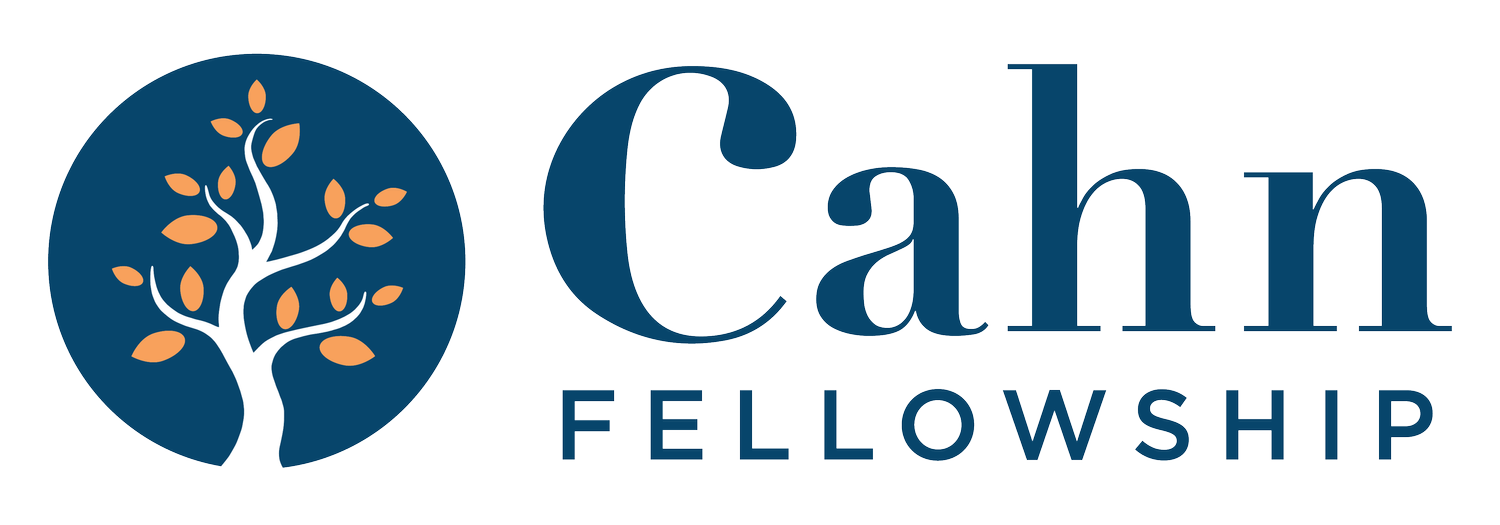Measuring Student “Capital” Beyond The Classroom: How School Leaders' Knowledge Of Students' Familial Capital Can Support College And Career Readiness
Dr. Noah Angeles • Cahn Fellow 2022
The emphasis on College and Career Readiness for secondary schools has often been at the forefront of educational reform. There is a shared understanding amongst secondary school leaders and educators that students graduating from high school should be ready to enter postsecondary institutions or the workforce. However, more often than not, minority and economically disadvantaged students struggle to transition from high school to college, specifically in the college application process. According to Hooker and Brand, 2010, social, informational, and financial barriers impede students' access to postsecondary learning; As a result, school leaders, teachers, and school counselors are often charged to remove those barriers; thus becoming students’ familial capital.
Familial capital is students’ acquisition of norms, values, and expectations established through family relationships. Familial Capital (wealth) incites cultural transfusion into other community-based social networks and activities (Yosso, 2005). Familial capital is often limited in high schools that serve a large population of minority and economically underserved students. As a result, students' access to support with the college application process is restricted to the services provided by the school. Moreover, there is no official requirement or mechanism for high schools to identify students who lack familial capital. This perpetuates a cycle of impersonalized college application counseling that directly opposes the ideal tiered support approach.
The following action research project investigated how school leaders assess students' level of familial capital, which could be used to provide used and tiered interventions when supporting them in completing their college applications. Key findings from this study include, (a) 30% of our freshmen did not have a college or career goal, (b) 30% of our students have parents who speak to them one-on-one about college planning, and (c) 55% of our students indicated that their mom speaks to them about college preparedness.

